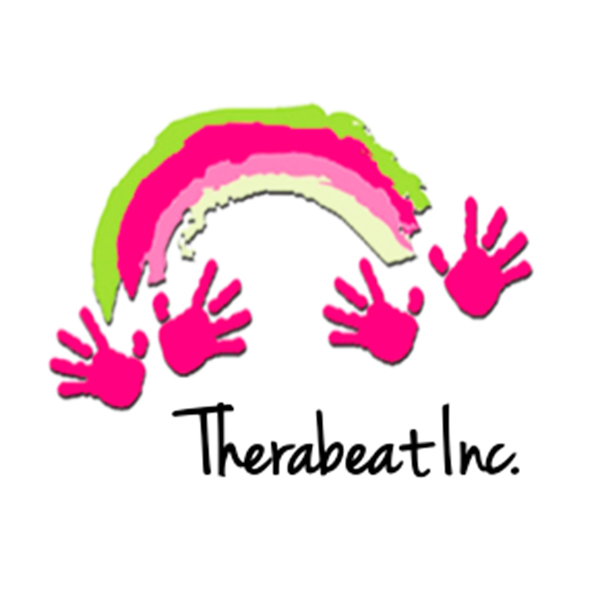This Episode was brought to you by
 Richard Rimer, Managing Partner of Initiating Protection Law
Richard Rimer, Managing Partner of Initiating Protection Law
Richard helps businesses protect their brands. He has a broad-based IP practice that includes consultation, implementation and strategic planning for domestic and international trademark and domain name registration and enforcement. Richard regularly assists clients with trademark clearance, investigation and enforcement of branding rights, gaining rights before both the US Patent and Trademark Office, defending rights before the Trademark Trials and Appeal Board and general problem solving for advertising, copyright, branding and trademark issues.
Additionally, he has advised clients in the preparation and implementation of trademark manuals, licenses, purchase and sale of intellectual properties, internal processes for the capture and creation of IP rights and intracompany agreements. Richard has also negotiated and drafted a variety of agreements concerning intellectual property rights, including consulting agreements, confidentiality and non-compete agreements, franchise agreements and corporate intellectual property policies. Prior to becoming an attorney, Richard was a Certified Public Accountant with a Big 4 accounting firm. In his spare time, Richard enjoys spending time with his daughters and coaching soccer.
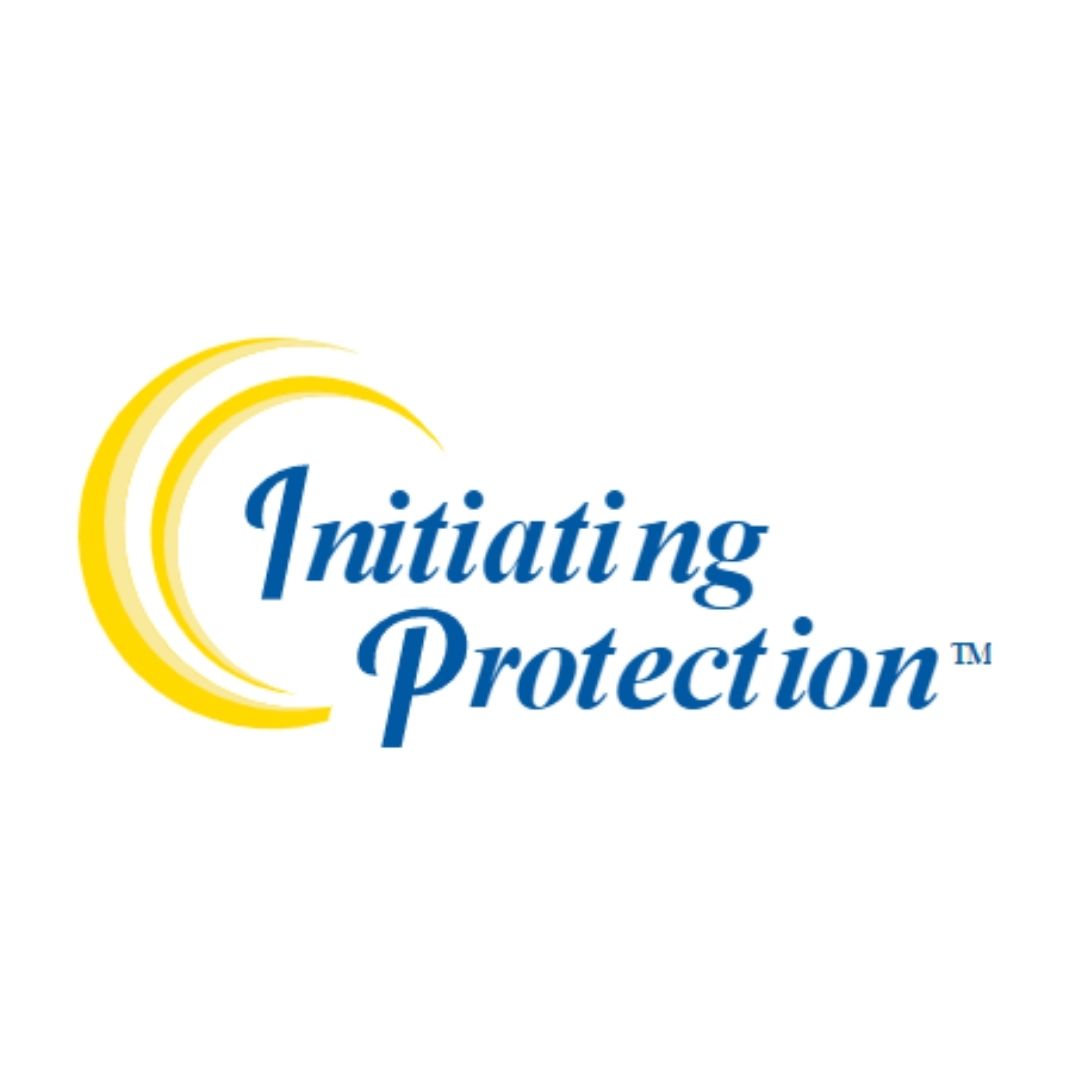 Connect with Richard on LinkedIn
Connect with Richard on LinkedIn
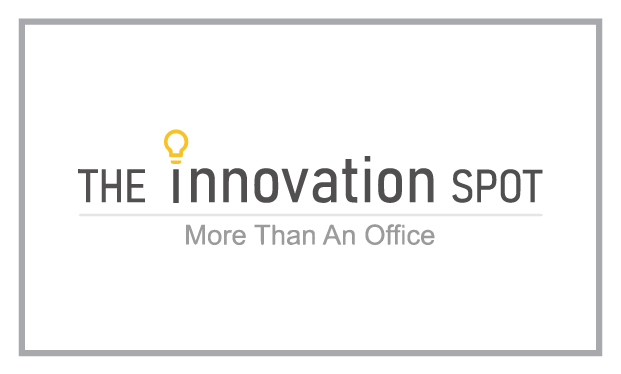
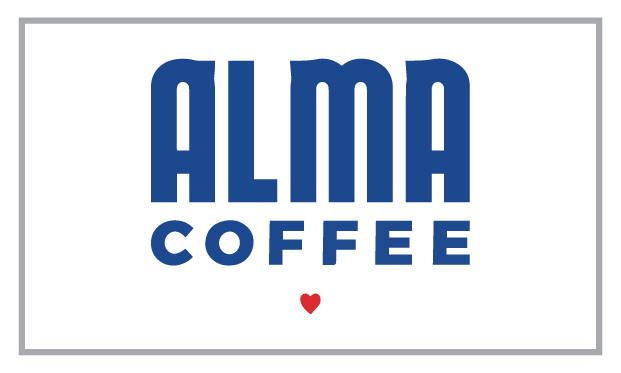
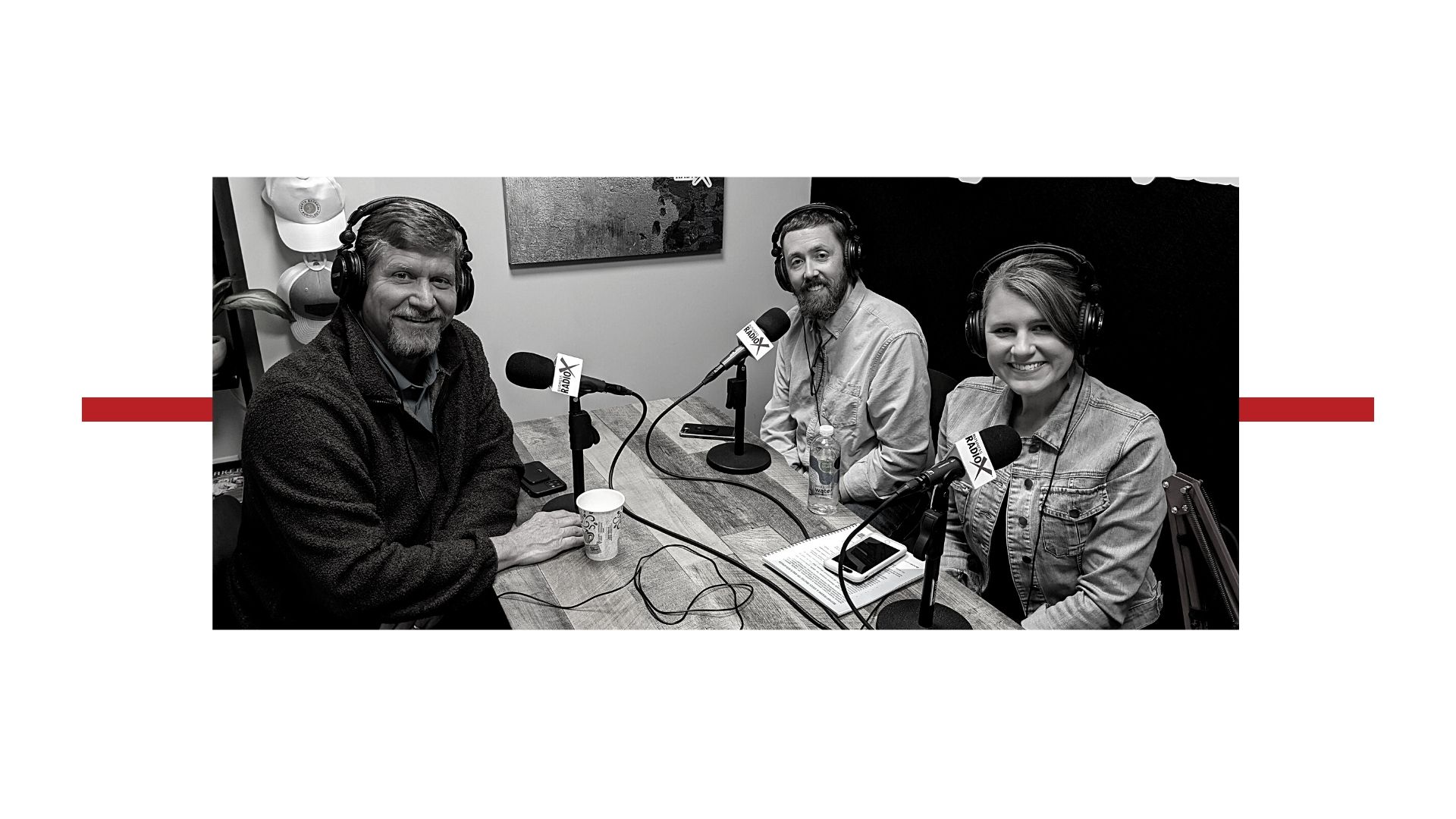
 Steve McGuinness, Founder and CEO of
Steve McGuinness, Founder and CEO of 
 Anna Teal, Author and Owner of
Anna Teal, Author and Owner of 
 This transcript is machine transcribed by
This transcript is machine transcribed by 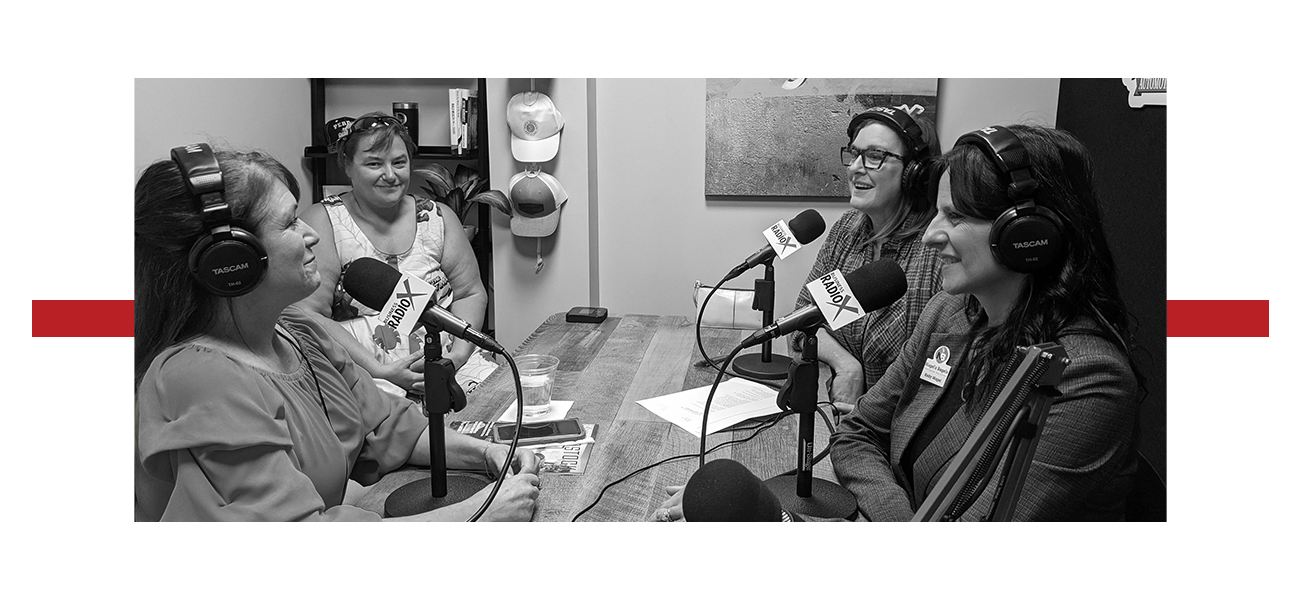
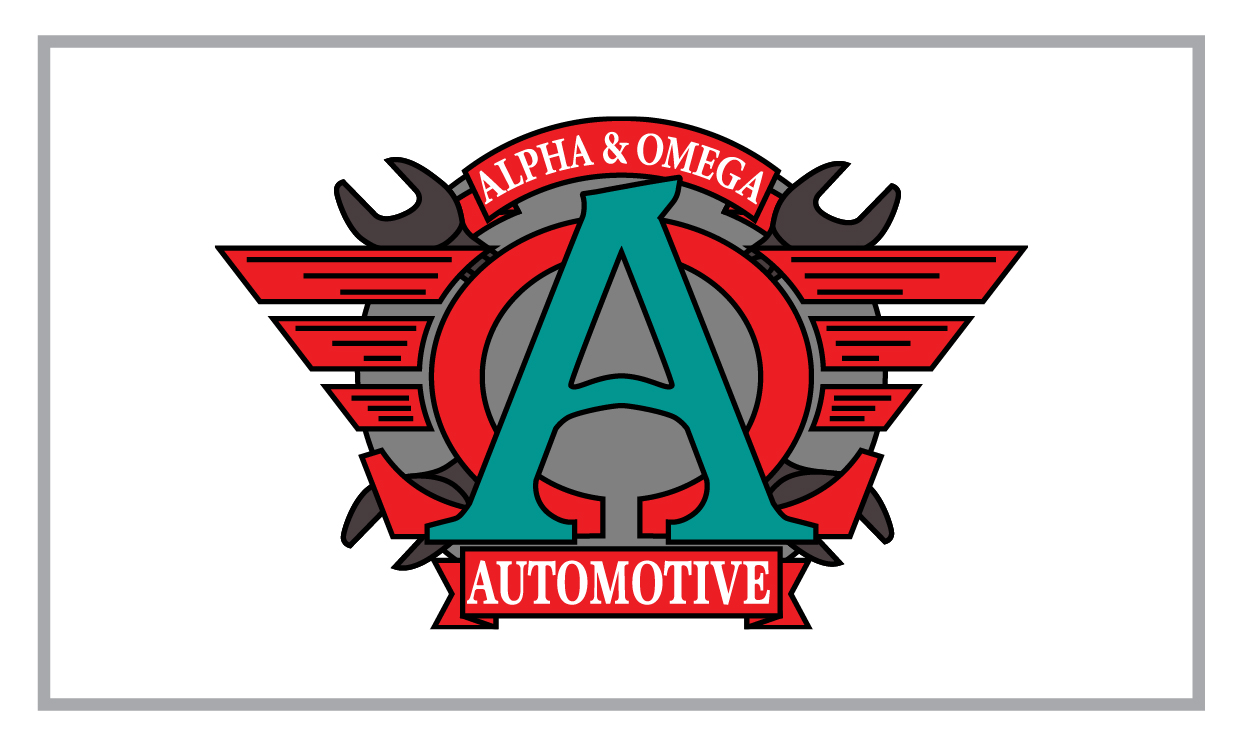
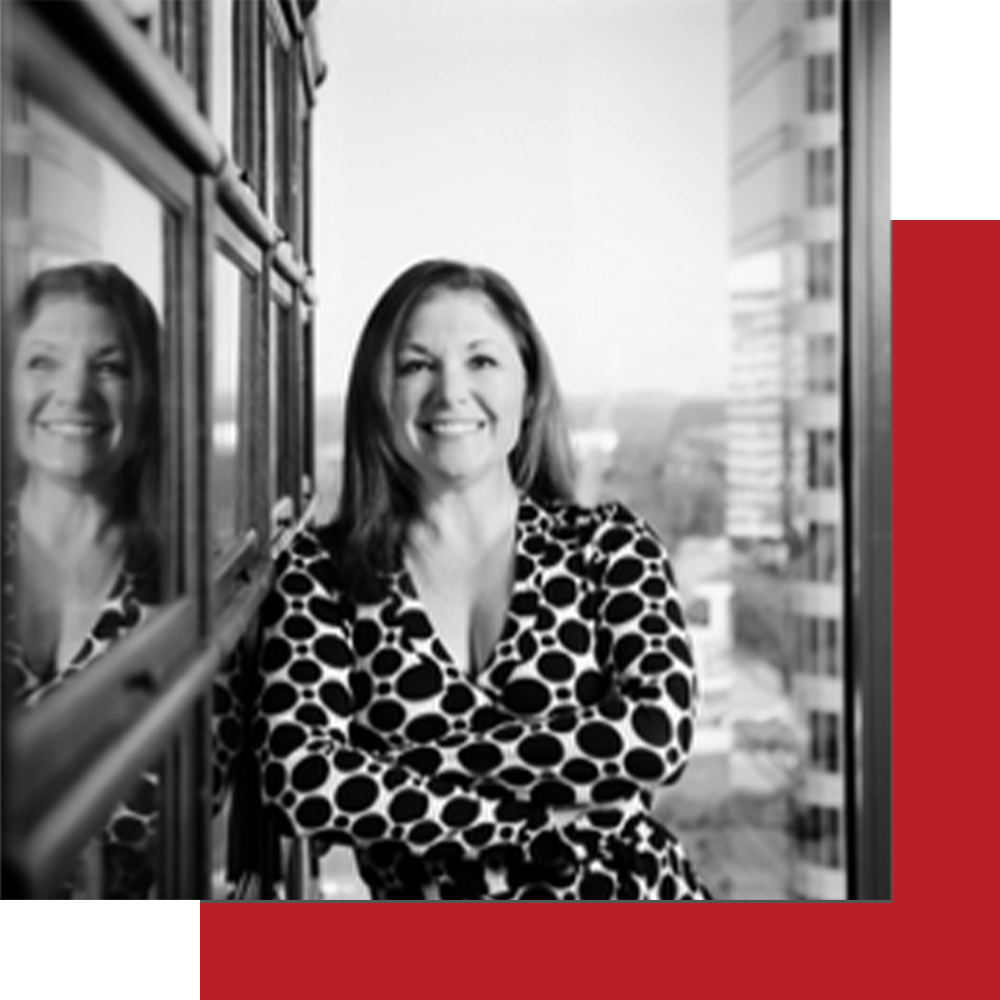 Shannan Collier, The Law Office of Shannan S. Collier, PC
Shannan Collier, The Law Office of Shannan S. Collier, PC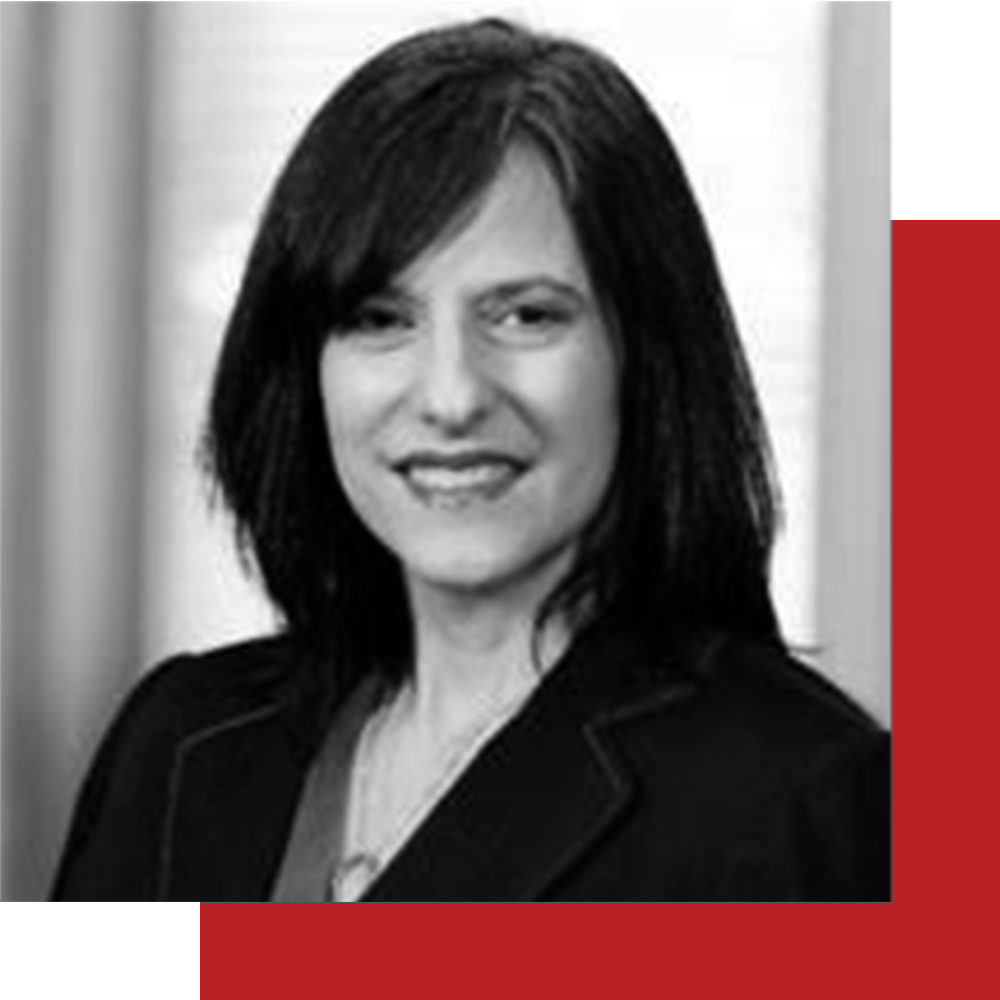 Kelly Nagel, Chief Marketing Officer at Nagel’s Bagels
Kelly Nagel, Chief Marketing Officer at Nagel’s Bagels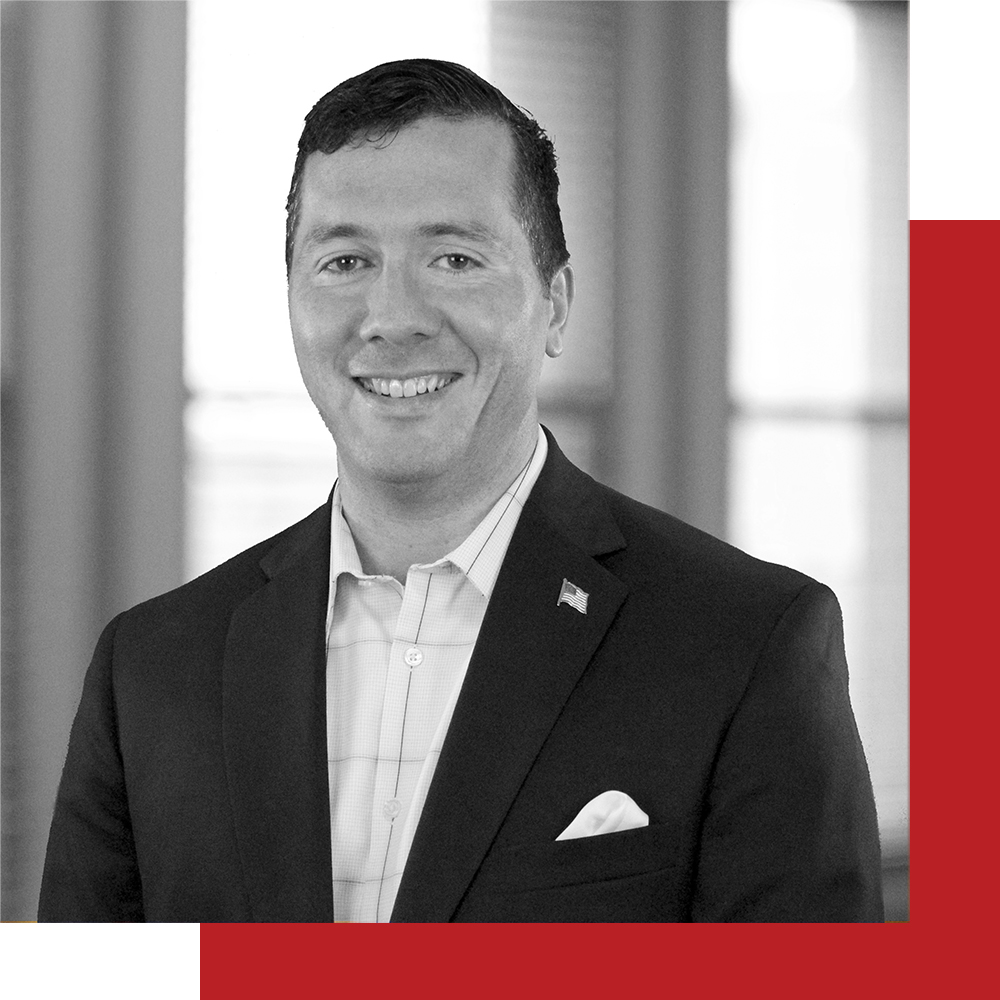 Seth Morgan, President and CEO of
Seth Morgan, President and CEO of 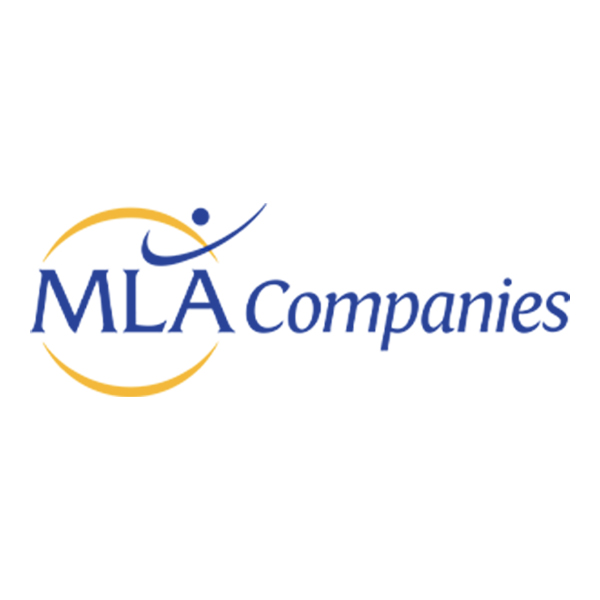
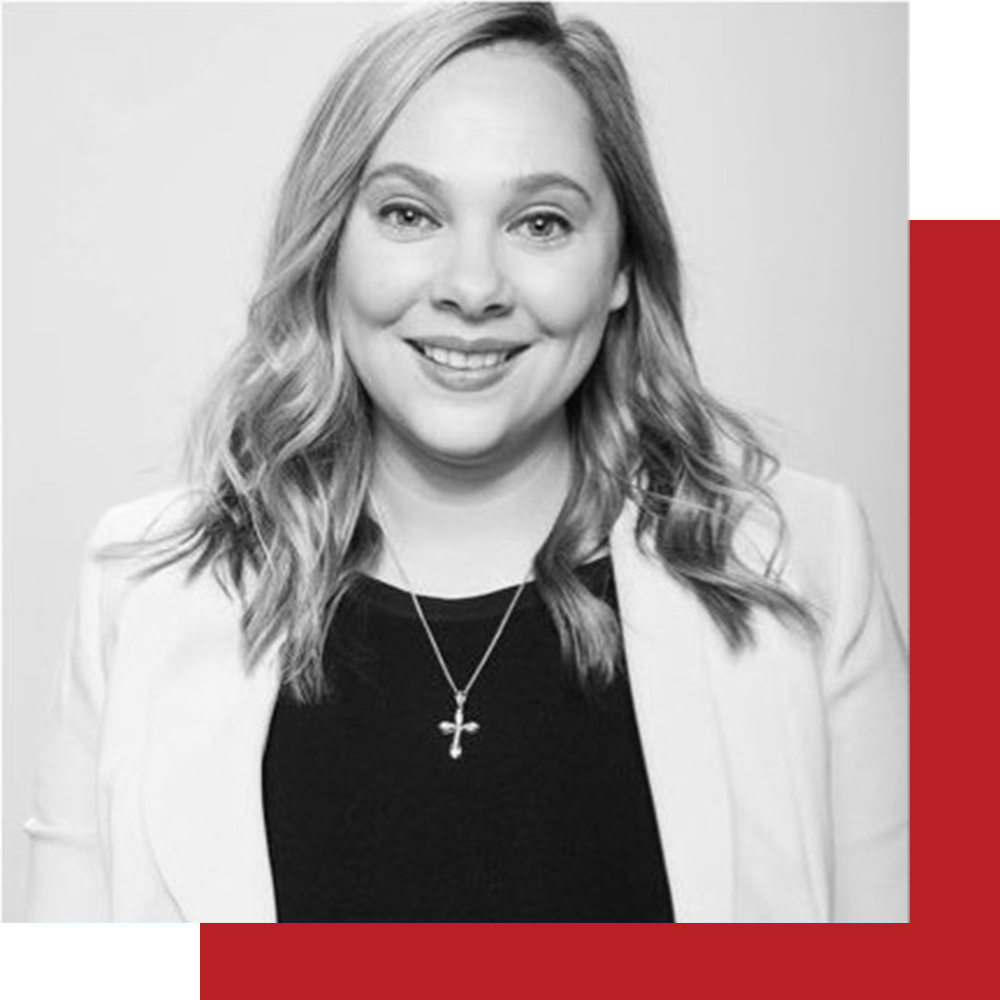 Sarah Amico, Executive Chairman with
Sarah Amico, Executive Chairman with 
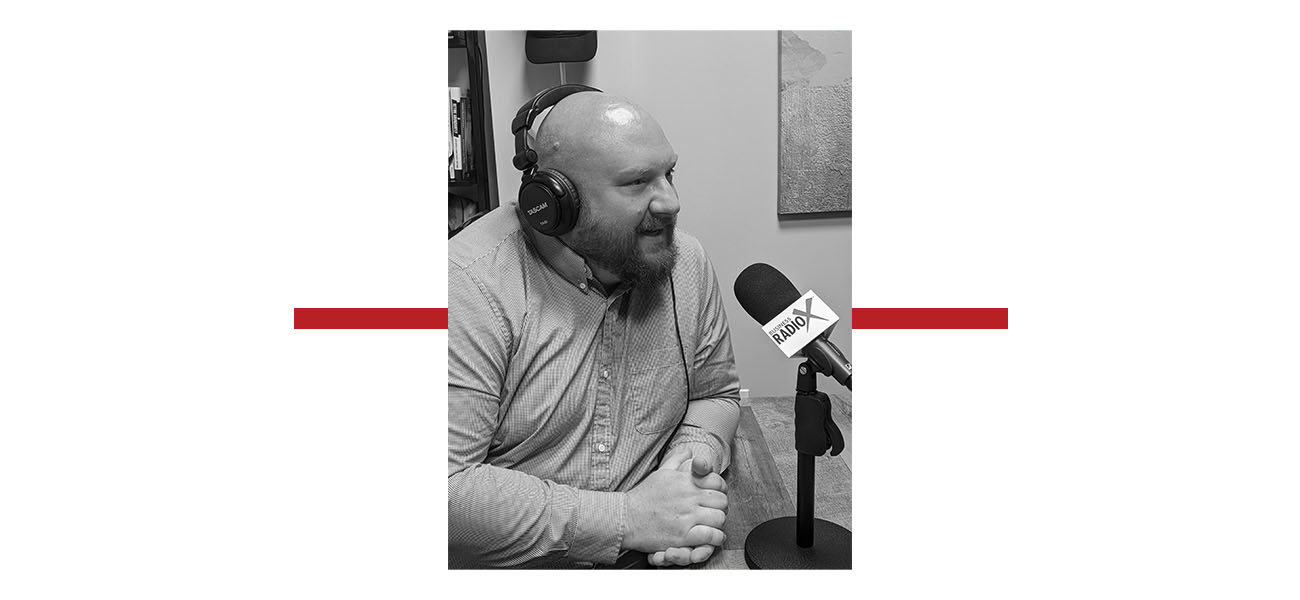
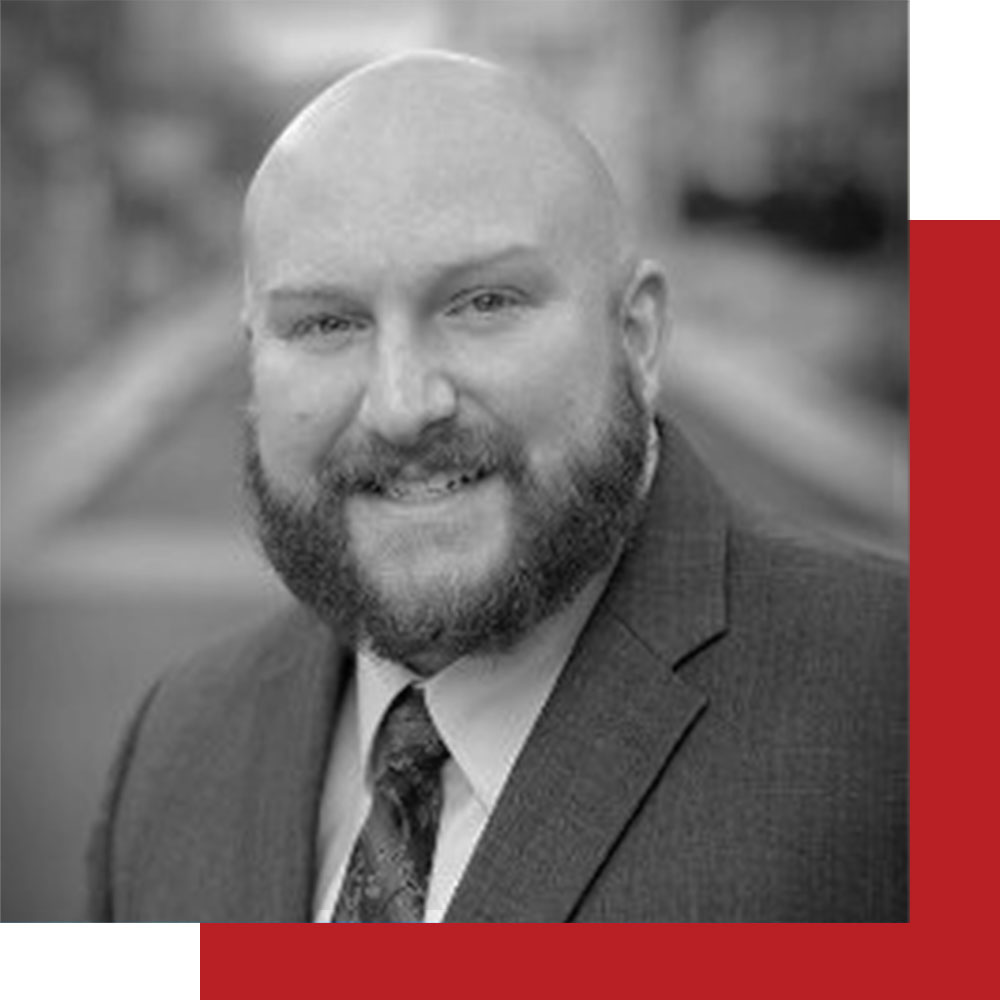 Josh Nelson,
Josh Nelson, 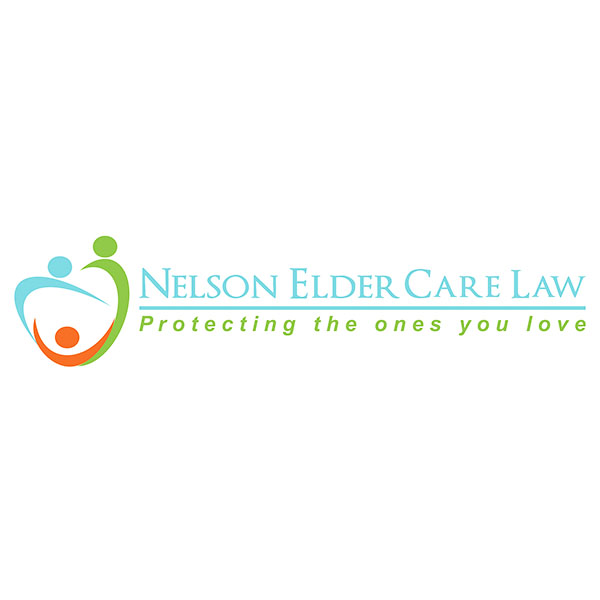
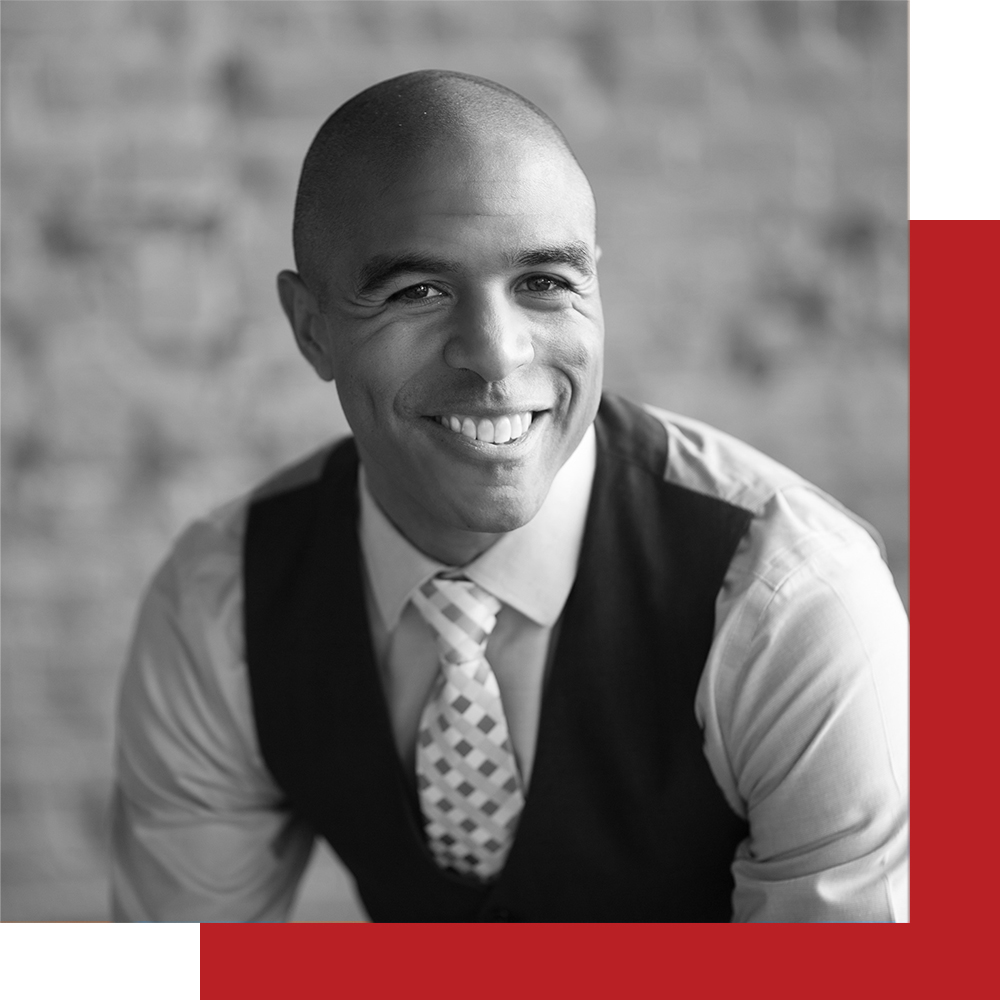 Eric M. Bailey,
Eric M. Bailey, 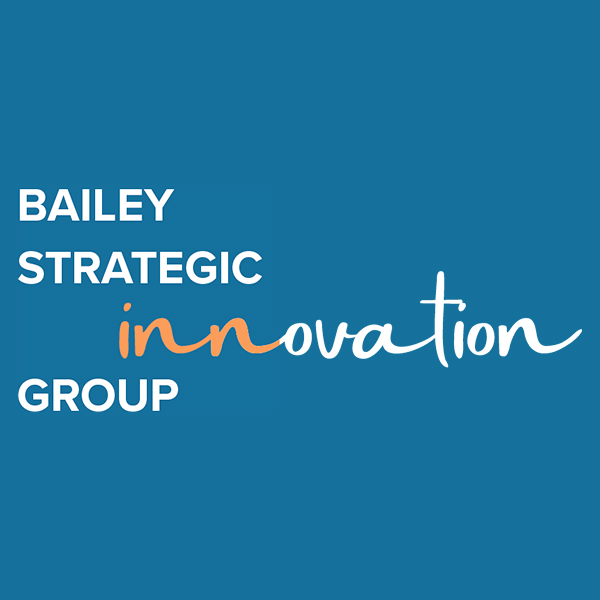
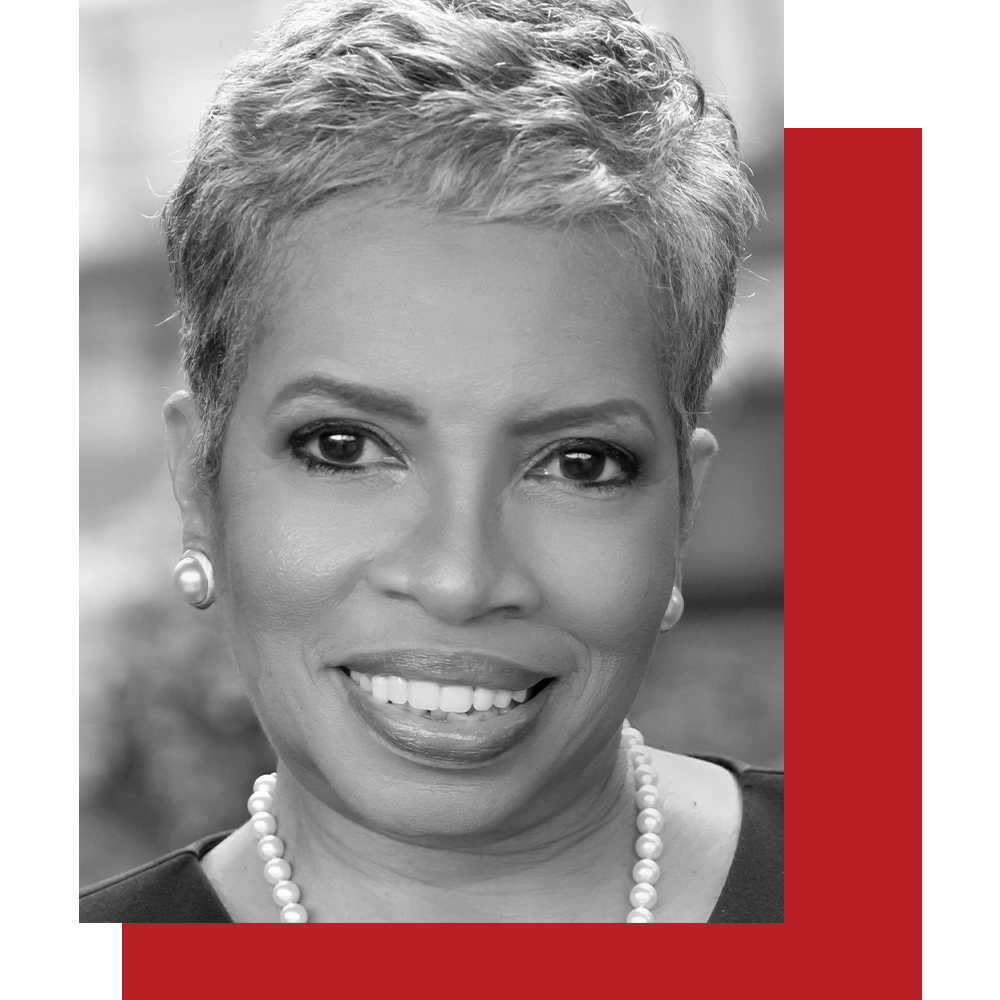 Renzie Richardson,
Renzie Richardson, 
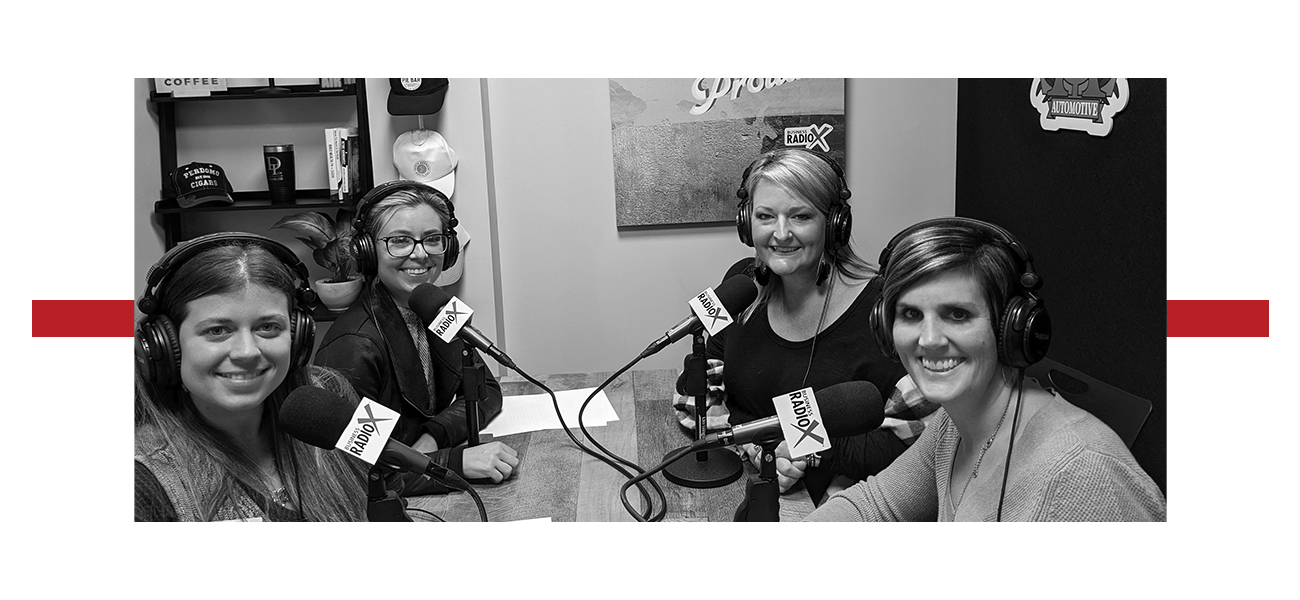

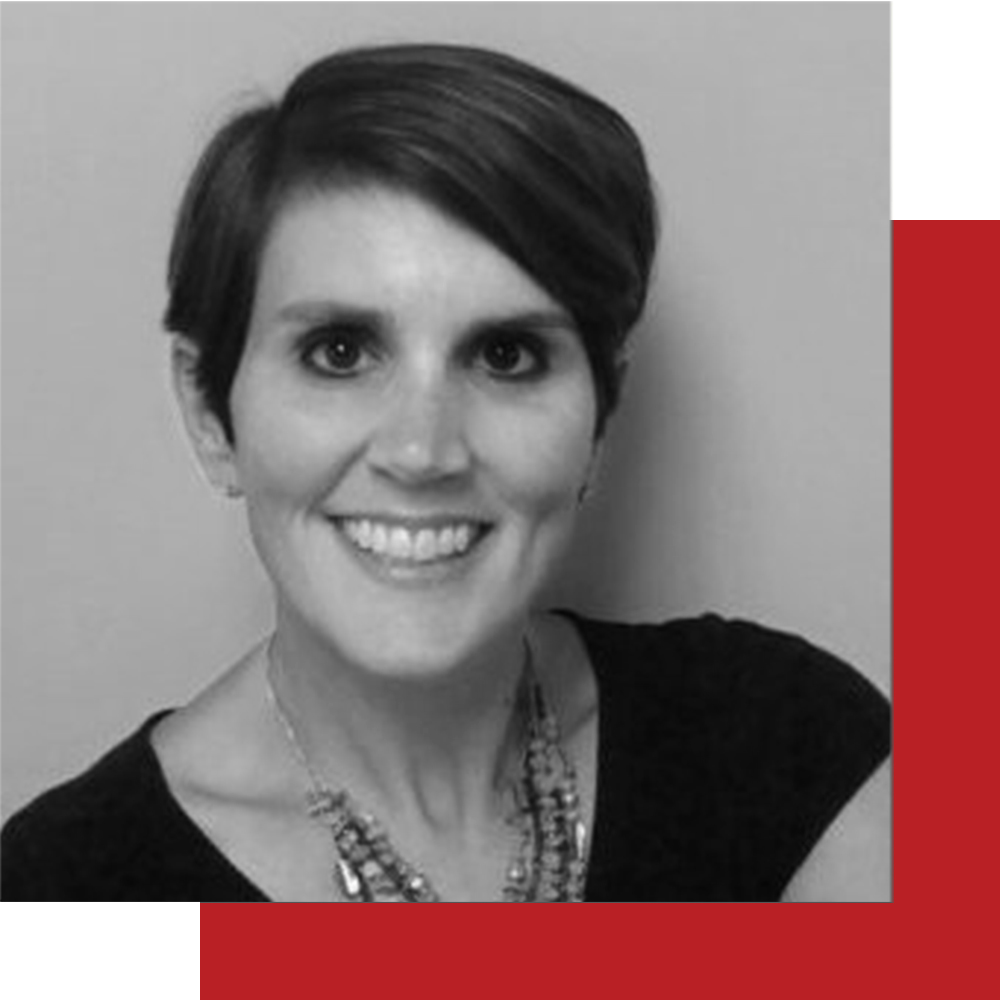 Kristi Estes, Co-Owner at
Kristi Estes, Co-Owner at 
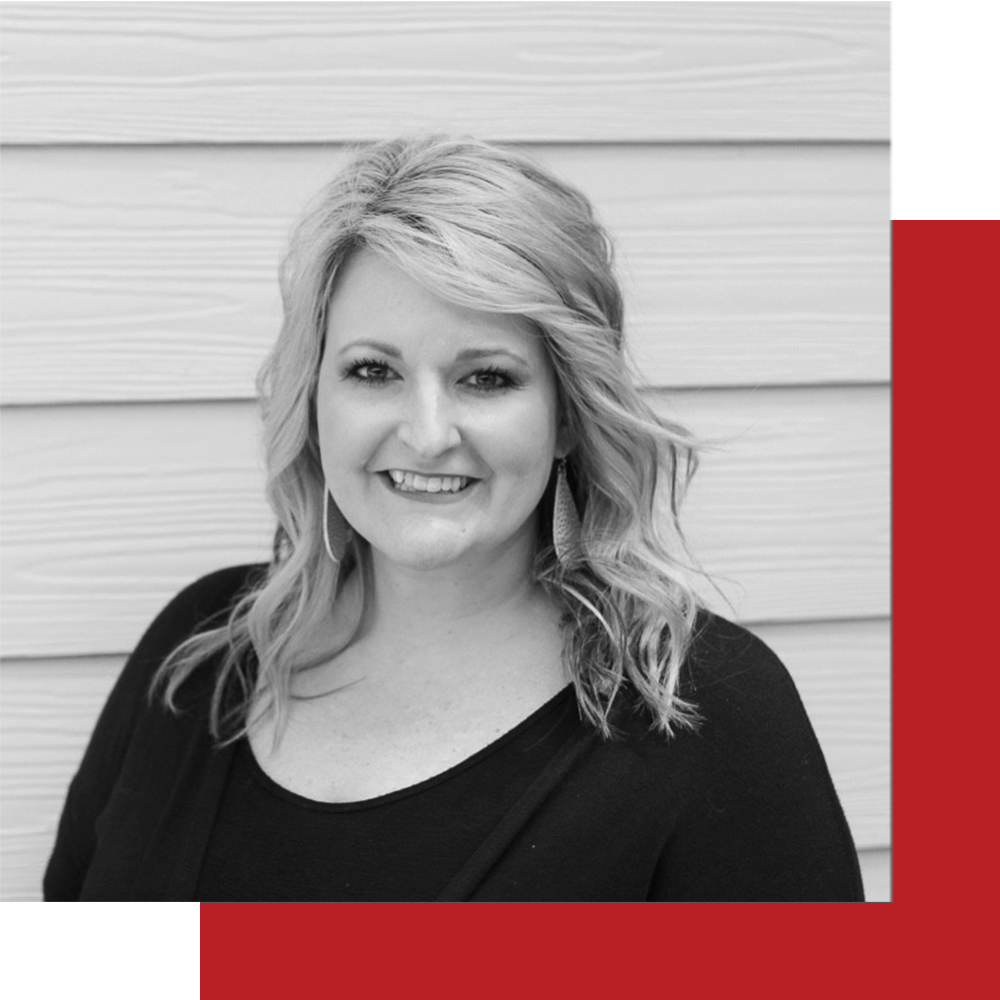 Jennifer Puckett, Co-Owner at
Jennifer Puckett, Co-Owner at 